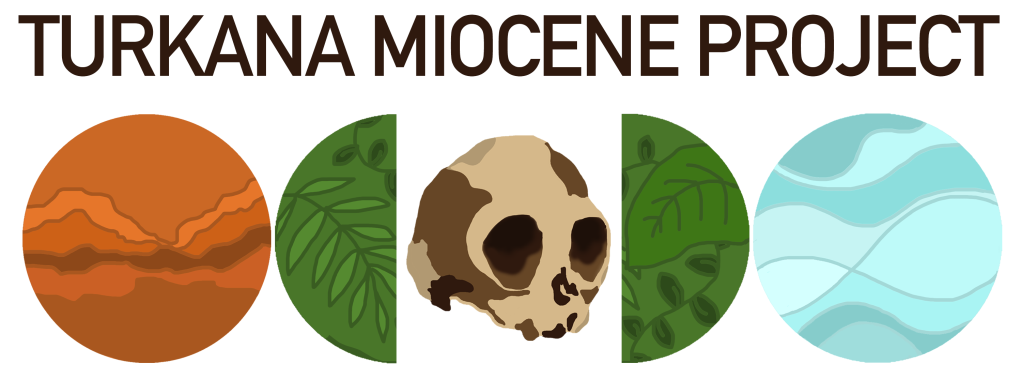Tue, 07 Feb
|Endless Forms Seminar Series
Seminar with the Turkana Miocene Project
Drivers of mammalian evolution in the Miocene of eastern Africa


Time & Location
07 Feb 2023, 17:30 GMT
Endless Forms Seminar Series
About the event
Isaiah Nengo, Stony Brook University
Catherine Beck, Hamilton College
Craig Feibel, Rutgers University
Greg Henkes, Stony Brook University
Chris Poulson, University of Michigan (now Dean of Arts and Sciences, U of Oregon)
Kevin Uno, Columbia University
The goal of this project is to apply a high-resolution, basin-focused approach to
constrain the complex relationships between tectonics, volcanism, erosion, climate, and
the long-term transformation of ecosystems and mammalian fauna in the Turkana
Basin over the entire Miocene Epoch. We proposed an ambitious integration of
fundamental and cutting-edge datasets from across for Earth, Climate, and Life
disciplines that when coupled together will significantly advance our understanding of
hominoid and African ecosystem evolution. We contend that such an integrated
approach is the future of reconstructing terrestrial environmental change worldwide and
that our proposed research will substantially accelerate our understanding of how
modern East African ecosystems came to be. Our research objectives are to collect new
geological, paleoenvironmental, and paleontological data, targeting time intervals and
sites with limited geological or fossil data, and integrate them with published data and
tectonic, landscape, and climate models to resolve the relationship between rifting and
climate change in the Turkana Basin, as well as evaluating their respective roles in
driving biotic change across the Miocene.
The project has completed two major field seasons, working with TBI. In 2021 we focused on
Lothagam with a short visit to Napudet. In 2022 we continued work at Lothagam, Napudet, as
well as Loperot and Buluk. Plans for 2023 are to continue work at Lothagam, Napudet, Loperot
and Buluk, as to also visit Topernawi, Nakwai, Locherangan, Sibilot and Kajong.
We’ve been successful in improving the stratigraphic framework for these sites, adding critical
paleomag sampling, and extensive sampling for phytoliths, isotopes and biomarkers.
Students from the Turkana University HEB Program have participated in much of the fieldwork,
as have the staff and technicians of TBI on both sides of the lake.
Beyond the fieldwork, laboratory investigation of isotopes, biomarkers, petrology and dating
have been completed, and a two-pronged approach to modelling is being pursued, with Chris
Poulson’s team working on climate models and Bill Holt’s group working on a geodynamic
model of rifting and landscape evolution.
The project interacts closely with paleontologists including Ellen Miller (Buluk), Gabrielle Russo
(Napudet) and John Rowan (Lothagam). The Life Team of co-Investigators also includes Nasser
Malit and Francis Kirera (Sibilot), Chris Campisano (Kajong), Mikael Fortelius and Indre Zliobaite
(ecomorphology), Tara Smiley (community ecology).
The project website at https://turkanamiocene.com has additional information.
